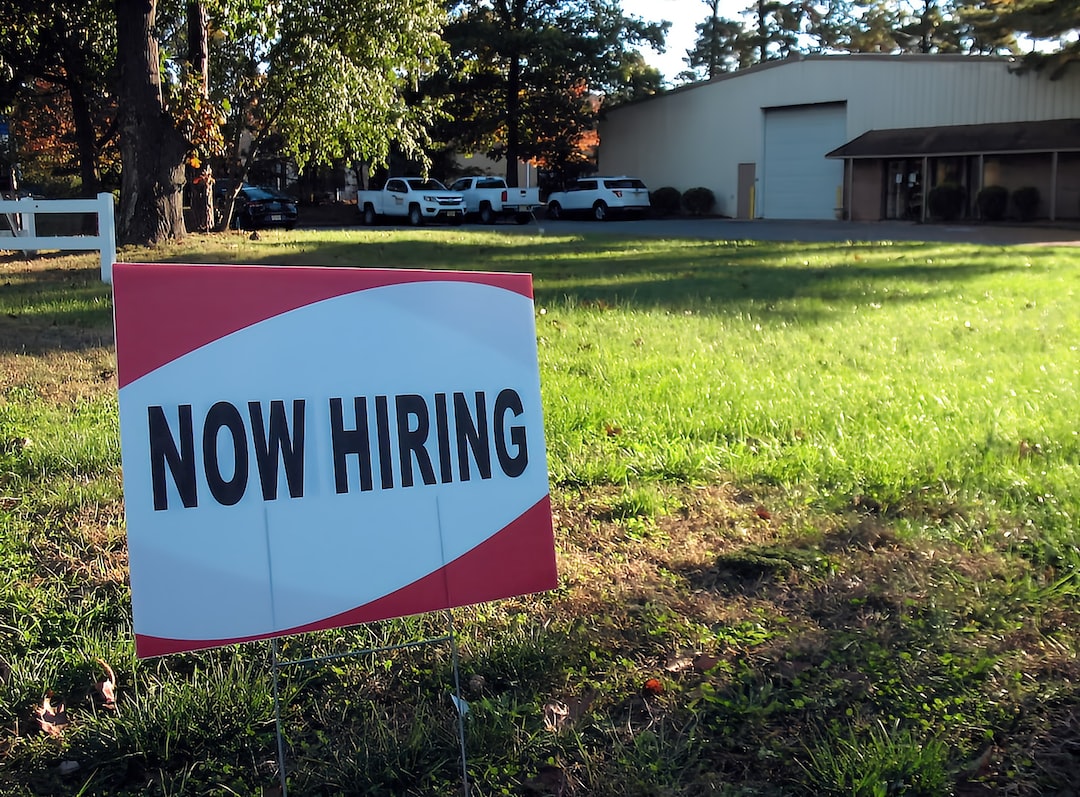The Impact of Artificial Intelligence on Job Markets: Adapting to the New Normal
Artificial Intelligence (AI) has been a buzzword in recent years, as advancements in technology continue to shape our society. From self-driving cars to voice assistants, AI has the potential to transform our daily lives in ways we could never have imagined. However, with these innovations come concerns about the impact on job markets and the need for adaptation to this new normal.
One of the main concerns surrounding AI is the fear that machines will replace human workers, leading to job loss and unemployment. While it is true that certain jobs will undoubtedly be automated, history has shown that technological advancements often create more jobs than they eliminate. For example, the invention of the automobile may have rendered the horse and buggy industry obsolete, but it also created jobs in manufacturing, maintenance, and transportation. Similarly, the rise of AI will likely create new opportunities, albeit in different industries and with different skill requirements.
In fact, AI has already begun reshaping job markets, with a growing demand for positions related to data analysis, machine learning, and AI programming. These specialized roles require a deep understanding of AI technologies and the ability to leverage them to drive business insights. As AI continues to evolve, businesses across various sectors will need to adapt by incorporating AI specialists into their workforce or upskilling existing employees to meet the demands of this new landscape.
Paradoxically, while AI may eliminate certain jobs, it could also create more opportunities by complementing human capabilities. For example, AI-powered chatbots can handle customer inquiries, freeing up human agents to focus on more complex, nuanced tasks. AI can also be used to automate repetitive and mundane tasks, allowing employees to focus on higher-level, creative problem-solving. By working in tandem with AI technologies, employees can enhance their productivity, performance, and overall job satisfaction.
However, the impact of AI on job markets will not be evenly distributed. Certain industries, such as manufacturing and transportation, may experience more significant disruptions, as machines replace manual labor. On the other hand, industries that rely heavily on human interaction and emotional intelligence, such as healthcare and education, may see less immediate impact. Nevertheless, even these industries can benefit from AI in terms of improved diagnostics, personalized learning experiences, and efficient resource allocation.
To mitigate the potential negative consequences of AI on job markets, a comprehensive approach is needed. Governments, businesses, and educational institutions all have a role to play in ensuring a smooth transition to the new normal.
Government policies should encourage innovation and invest in infrastructure that supports the development and adoption of AI technologies. At the same time, they need to provide support and resources for workers at risk of displacement. Programs that promote lifelong learning, retraining, and reskilling should be put in place to help individuals adapt to the changing job landscape and ensure future employability.
For businesses, it is crucial to recognize the transformative power of AI and proactively prepare for its integration into their operations. This includes identifying tasks that can be automated, promoting a culture of continuous learning, and providing opportunities for employees to acquire new skills. By facilitating the transition to AI-powered systems, businesses can future-proof their organizations and create a competitive advantage.
Educational institutions also play a vital role in equipping the workforce of the future with the skills needed in an AI-driven world. It is crucial to integrate AI education into curricula, from primary schools to universities, to ensure that students are prepared for the jobs of tomorrow. Additionally, fostering collaborations between academia and industry can help bridge the gap between theoretical knowledge and real-world applications.
As we navigate the impact of AI on job markets, it is essential to remember that adaptation has always been a constant in human history. From the Industrial Revolution to the digital age, we have weathered technological advancements by evolving and embracing new opportunities. This time should be no different. By understanding and adapting to the new normal, we can harness the power of AI to create a better, more efficient future for all.

